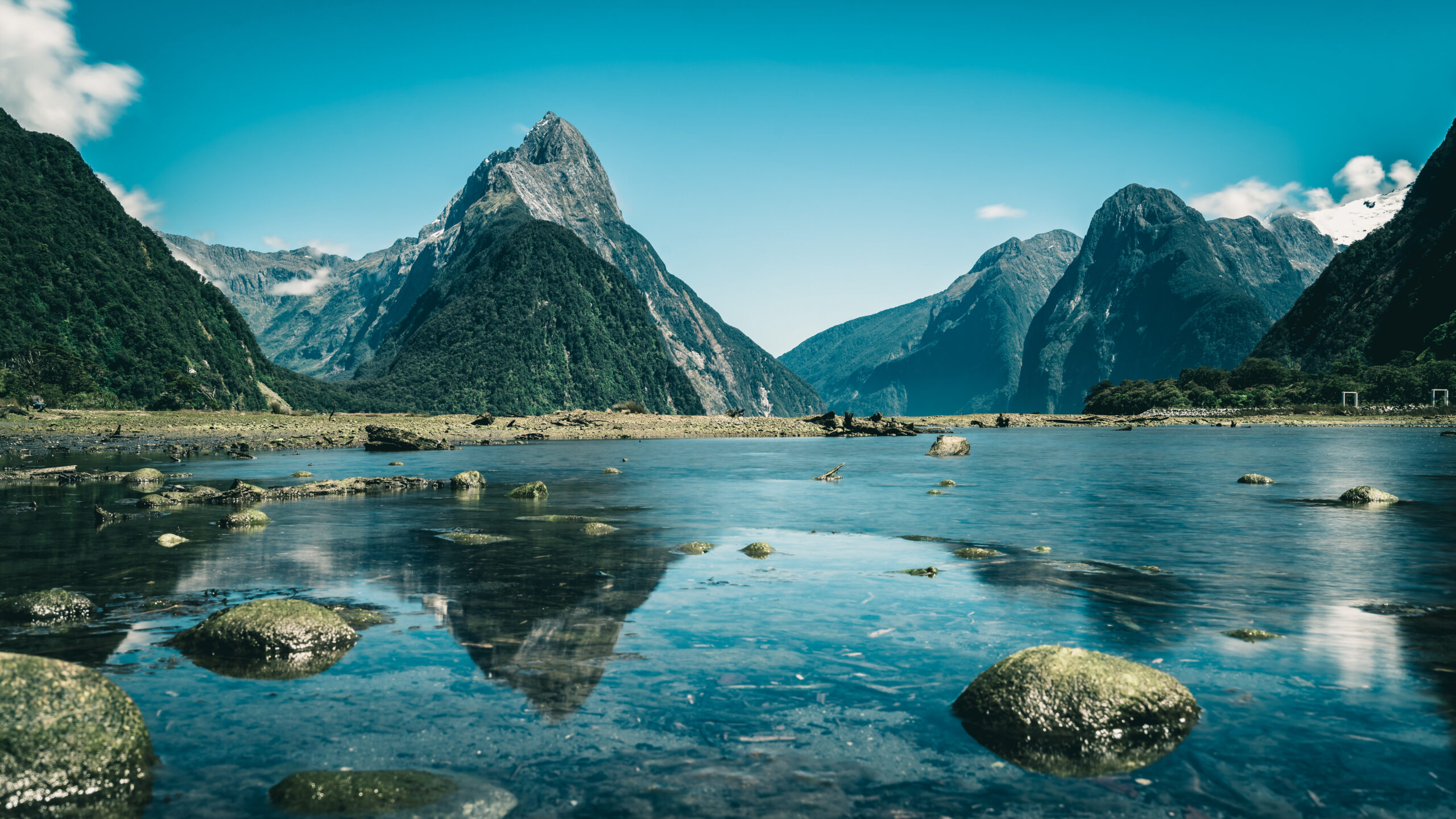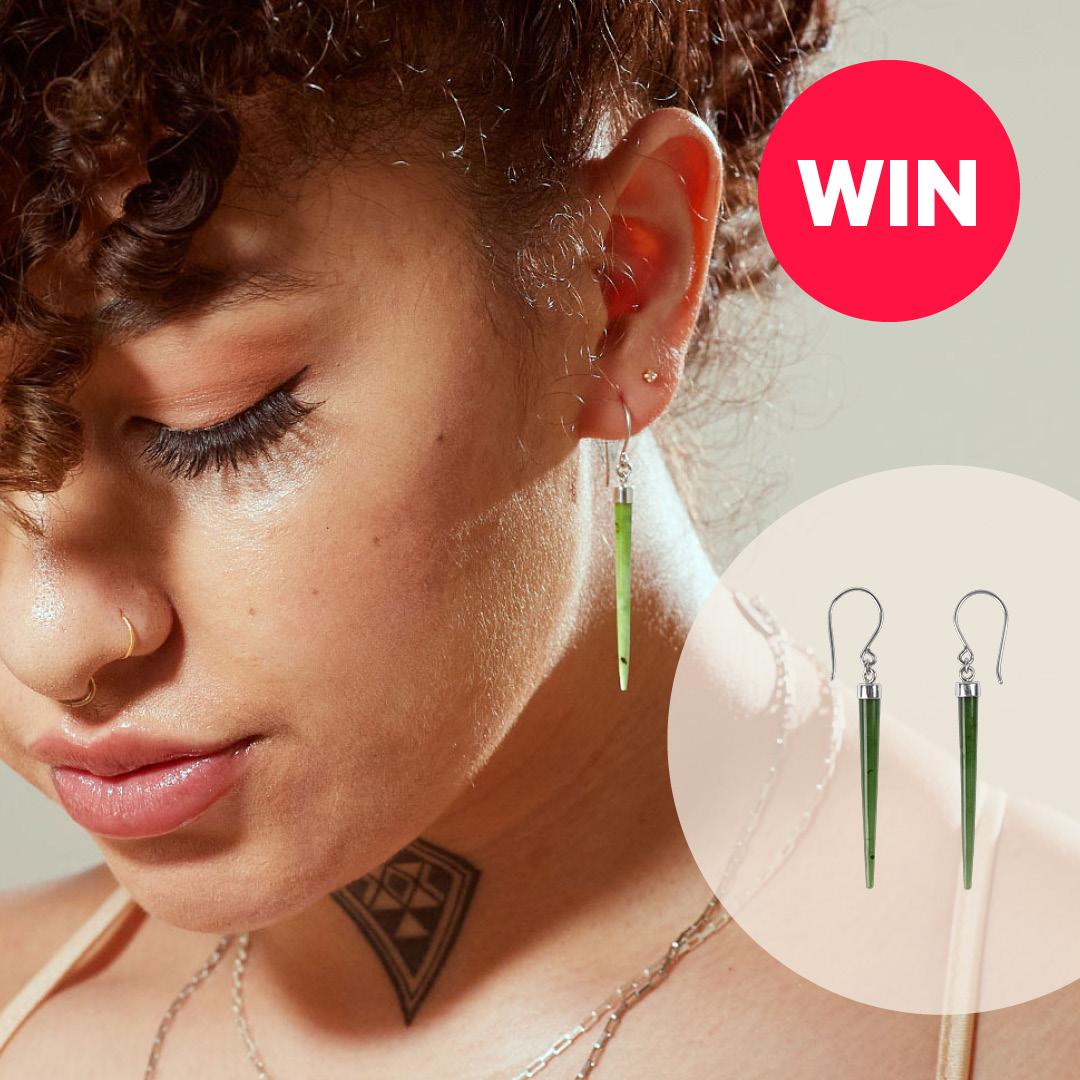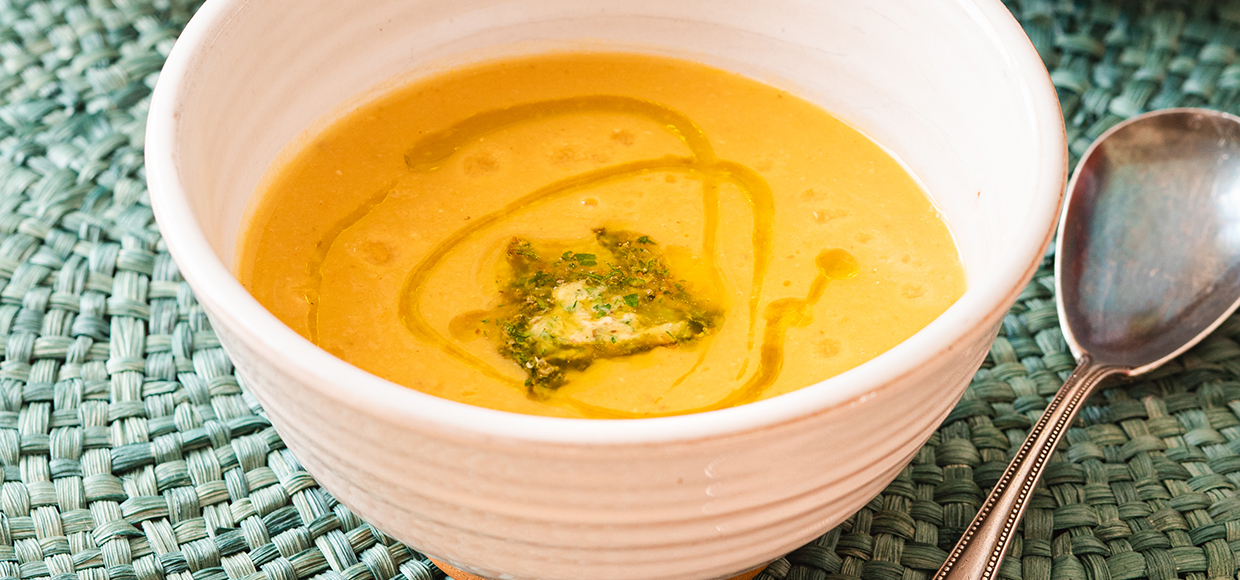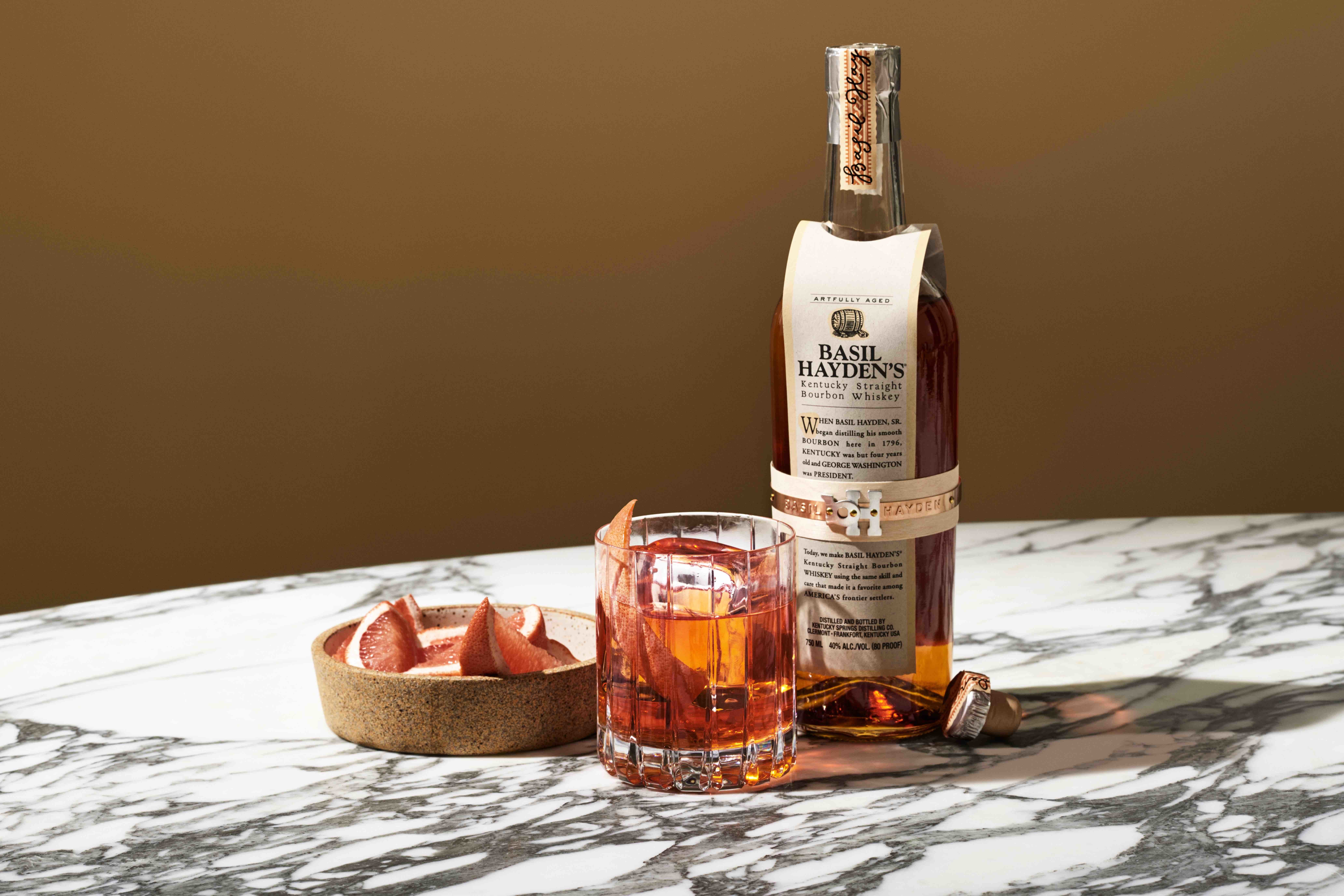We are well into Plastic-Free July, a time I often use to reset my commitment to the conservation efforts made by me and my whānau. But this month, I’ve been pondering the question of plastic-free privilege and whether going plastic free is available to anyone.
The sad reality is that getting away from plastic fantastic is tough – and expensive. Plastic products are often more affordable than metal, glass or bamboo; many people with medical conditions and disabilities rely on plastic for their treatments and care; and plastic-free packaged food options require time, money and transport to access.
As virtuous as I try to be, I’m a single Mum juggling work and parenting on a tight income. I also have a disability that requires copious amounts of plastic. So going plastic free is not an option. And while I care deeply about the environment and the world I am leaving for my daughter and her children, I’m often having to make compromises and balance doing my best with making ends meet.
So this year I’ve dropped the guilt, and have been revisioning a plastic “free” July that’s within my reach.
My daughter’s school has a packaging-free lunch box policy – which I simultaneously love and hate. If I buy snacks in bulk, we don’t get through it all and I waste food, if I buy individual packs of seaweed, crackers and yoghurt pottles, we create plastic waste but we waste less food. If I make my own muesli bars, it’s another late night for me and she barely eats them.
Confession time: I now take the food out of the packaging at home which at least give the appearance of waste-free lunchboxes. To compensate, I recycle our soft plastics. But just as importantly, I stay sane.
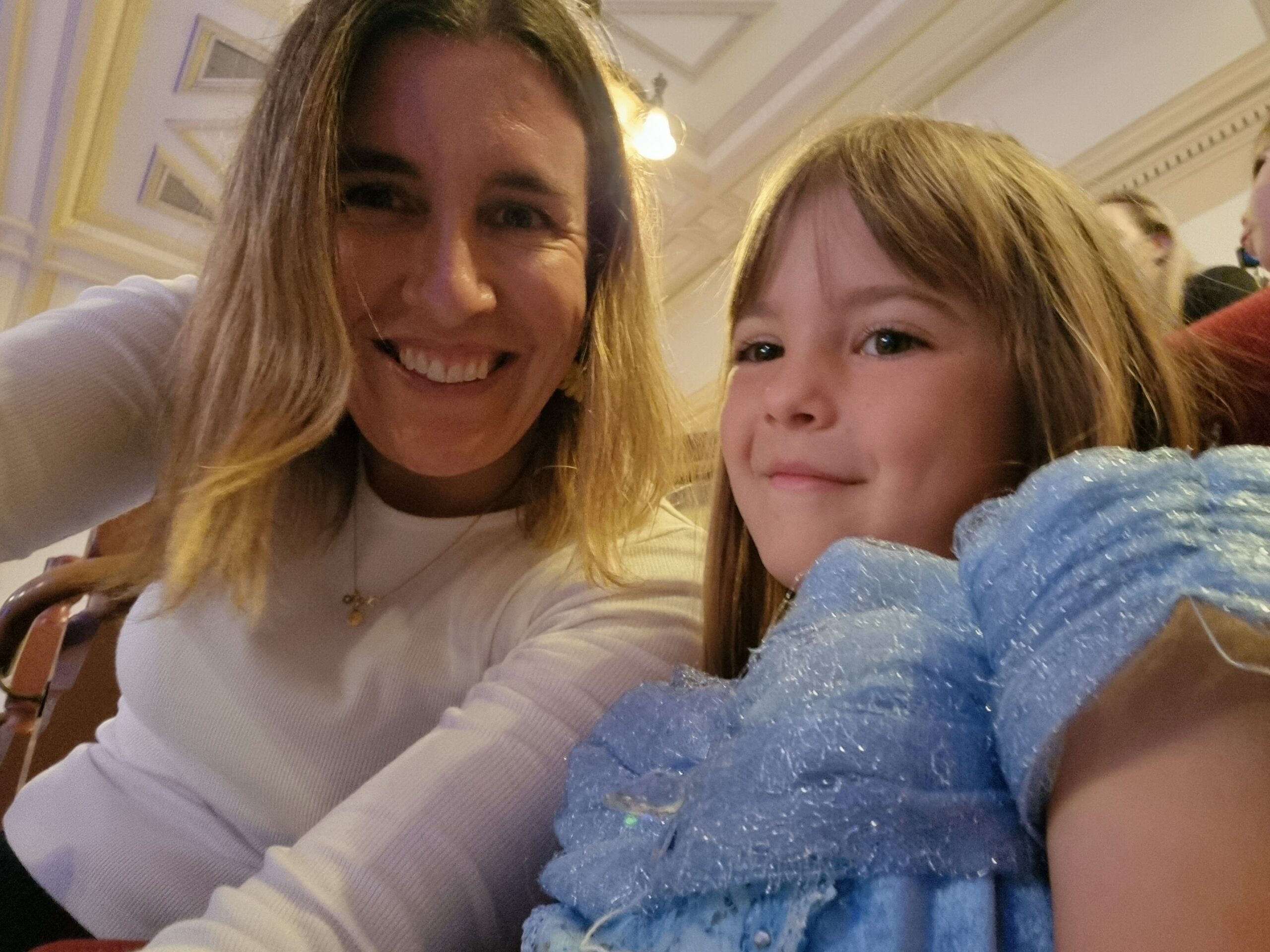
My mum recently pointed out that the toilet paper I used isn’t particularly environmentally friendly. She’s right. As budgets have to tighten I look at the unit price and I bought a huge 24 pack that was the same cost as a 6 pack of the recycled-paper product. The list goes on – balancing the cost of products and their environmental impact against my workload and mental health.
But I celebrate the small wins. For my daughter’s last birthday, I managed to find a fantastic selection of presents exclusively sourced second hand. Was there plastic? Absolutely! But no new plastic. I found a pony toy, a Guess-Who game, a letter writing set, a bracelet, a beautiful fairy book and a mermaid dress-up costume. Budget and environmentally friendly.
This plastic-free July, I have set three small goals for my household. Alongside the team at Save the Children, my daughter and I have challenged ourselves to buy nothing new (aside from food and medical products), because the most environmentally friendly product is the one you didn’t buy. As a tea addict, I’m attempting a switch to loose leaf to reduce packaging and microplastics in tea-bag glue. And when I dare to clean the house this week, I’m trialling the old baking soda trick instead of restocking my cleaning spray.
While these individual actions we can all make add up, the reality is that we need the government and corporations to step-up.
Children will be disproportionately impacted by the environmental crisis facing our planet. Increasing weather disasters, food insecurity, and microplastic pollution in our ecosystems and food chain, we need to do better by them.
As an individual or household, join us with your own, manageable challenge for July – like the “nothing new” challenge. But more than that, let’s call out corporations and the government to make real change to systems and policy to address the plastic crisis.
Elisabeth Fraser is a teacher and the Child, Youth and Schools Engagement Coordinator for Save the Children New Zealand.


